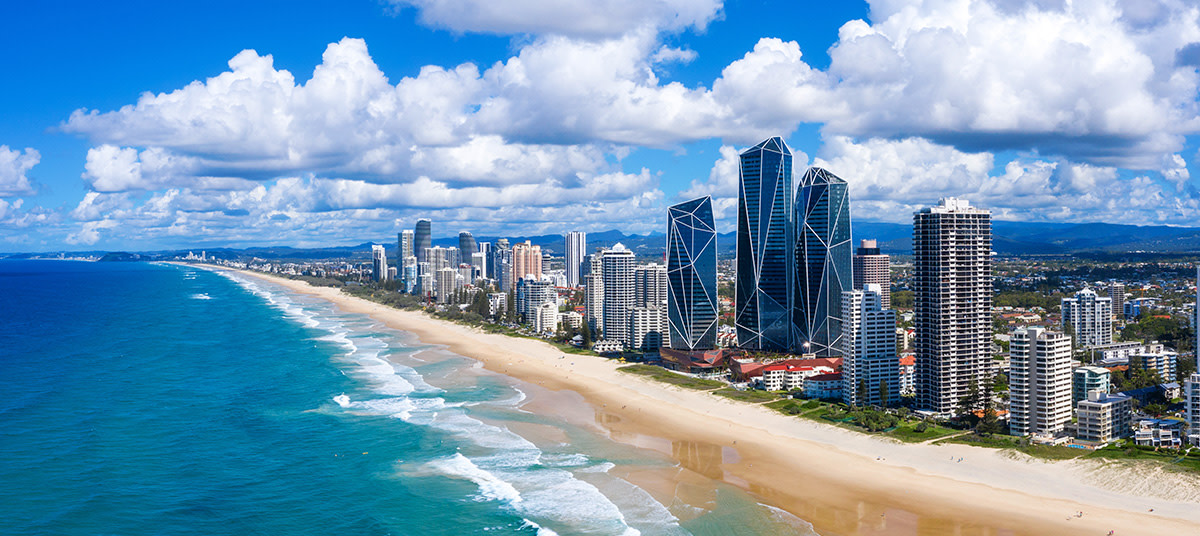
The state’s new home ownership scheme will see the government make an equity contribution of up to 30 per cent on new homes.
The Queensland government has unveiled several new housing initiatives as part of what it described as a “record housing budget” that allocates $8.1 billion to boost house supply and accessibility in the state.
New initiatives include a new Boost to Buy home ownership scheme to reduce the deposit gap for first-time buyers.
The shared equity scheme will see the government make an equity contribution of up to 30 per cent on new homes and 25 per cent for existing homes.
To be eligible, first home buyers will need a minimum 2 per cent deposit for the purchase price of the property valued up to $1 million.
Expressions of interest open on 1 July for individuals earning up to $150,000 and couples earning up to $225,000 to purchase homes of up to $1 million.
The Crisafulli government has set aside $165 million for the program, which will be secured by the equity in the up to 1,000 homes the program will support.
Queensland has the lowest home ownership rate in the nation at 63.5 per cent, which the Crisafulli government has said it intends to reverse over the next decade.
Commenting on the budget, Premier David Crisafulli said the Boost to Buy scheme would make home ownership easier for more Queenslanders.
“We’re waking Queensland up from the nightmare of Labor’s Housing Crisis, so more Queenslanders can realise their dream of owning a home,” he said.
“Queenslanders shouldn’t be locked-out of buying because they don’t have the bank of mum and dad, so we’re making big changes to deliver a nation-leading Boost to Buy scheme to reduce the deposit gap.”
Treasurer and Minister for Home Ownership David Janetzki said the Crisafulli government was honouring its word to get more Queenslanders into the housing market.
“We’re delivering exactly what we promised and that’s unlocking the door to home-ownership for Queenslanders,” Janetzki said.
The budget also includes plans to invest $2 billion into essential infrastructure through the Residential Activation Fund.
Working with councils, the state will support the fast-tracking of new housing developments through the fund. This includes a $1 billion minimum investment in regional communities.
The program aims to provide funding to local government and developers for trunk and essential infrastructure, such as water supply, sewerage, and power, needed for residential development.
Plans to boost essential infrastructure are part of broader aims to deliver 1 million homes in the state by 2044.
The Queensland government also announced that it will invest $5.6 billion to build new social and community homes.
Looking ahead, the government said that broader supply-side measures, such as streamlining development approvals, ensuring appropriate planning frameworks, and the provision of essential infrastructure, will continue to be a key focus to improve housing affordability and home ownership rates.
Queensland has made several reforms in recent years in an attempt to ease pressure on home buyers.
In February, the government passed a law to abolish stamp duty on all new homes for first-time buyers from 1 May 2025.
It also extended the First Home Owner Grant until June 2026. The scheme gives eligible first-time home buyers $30,000 towards buying or building a new home.
Queensland’s housing-heavy budget follows similar announcements in recent days from state governments in NSW and the ACT, which also made significant commitments to boost housing supply and accessibility.
[Related: NSW unveils ‘pre-sale finance guarantee’]

